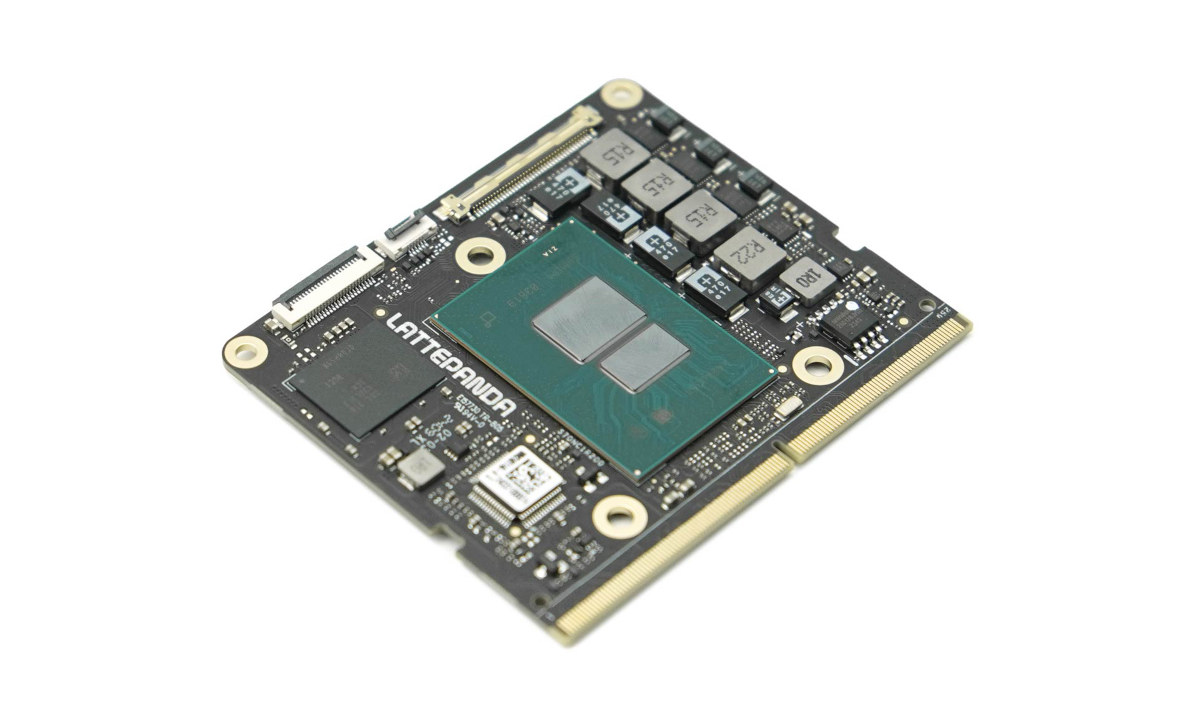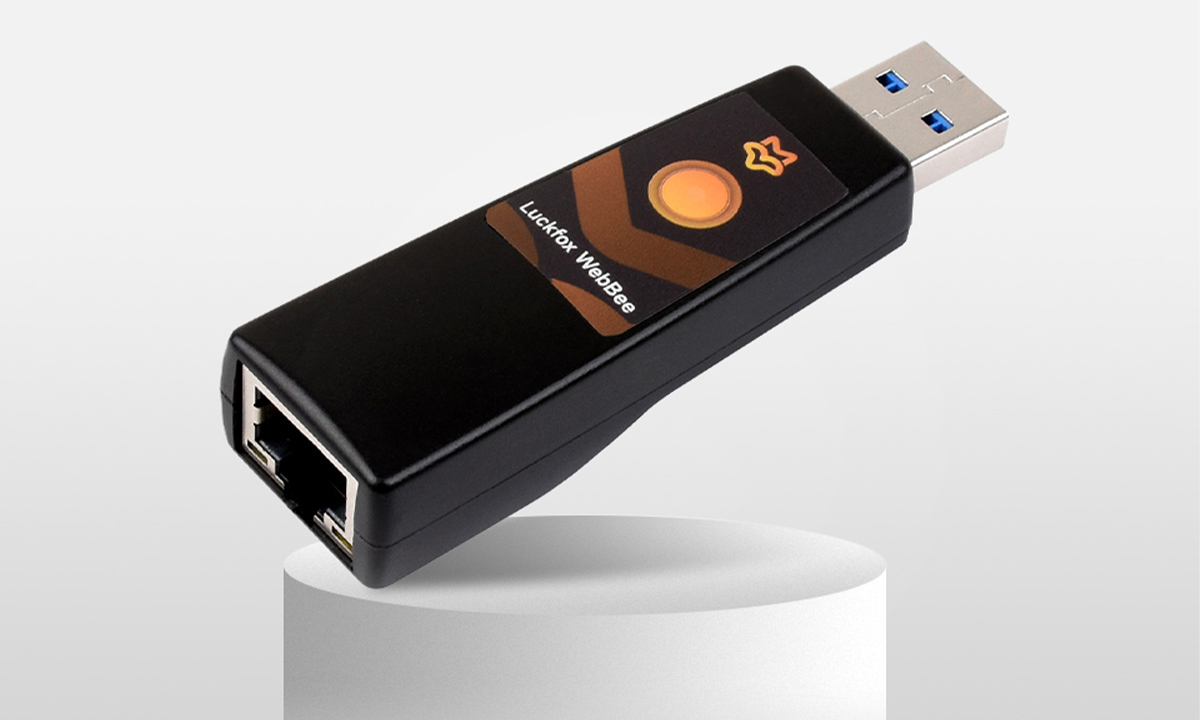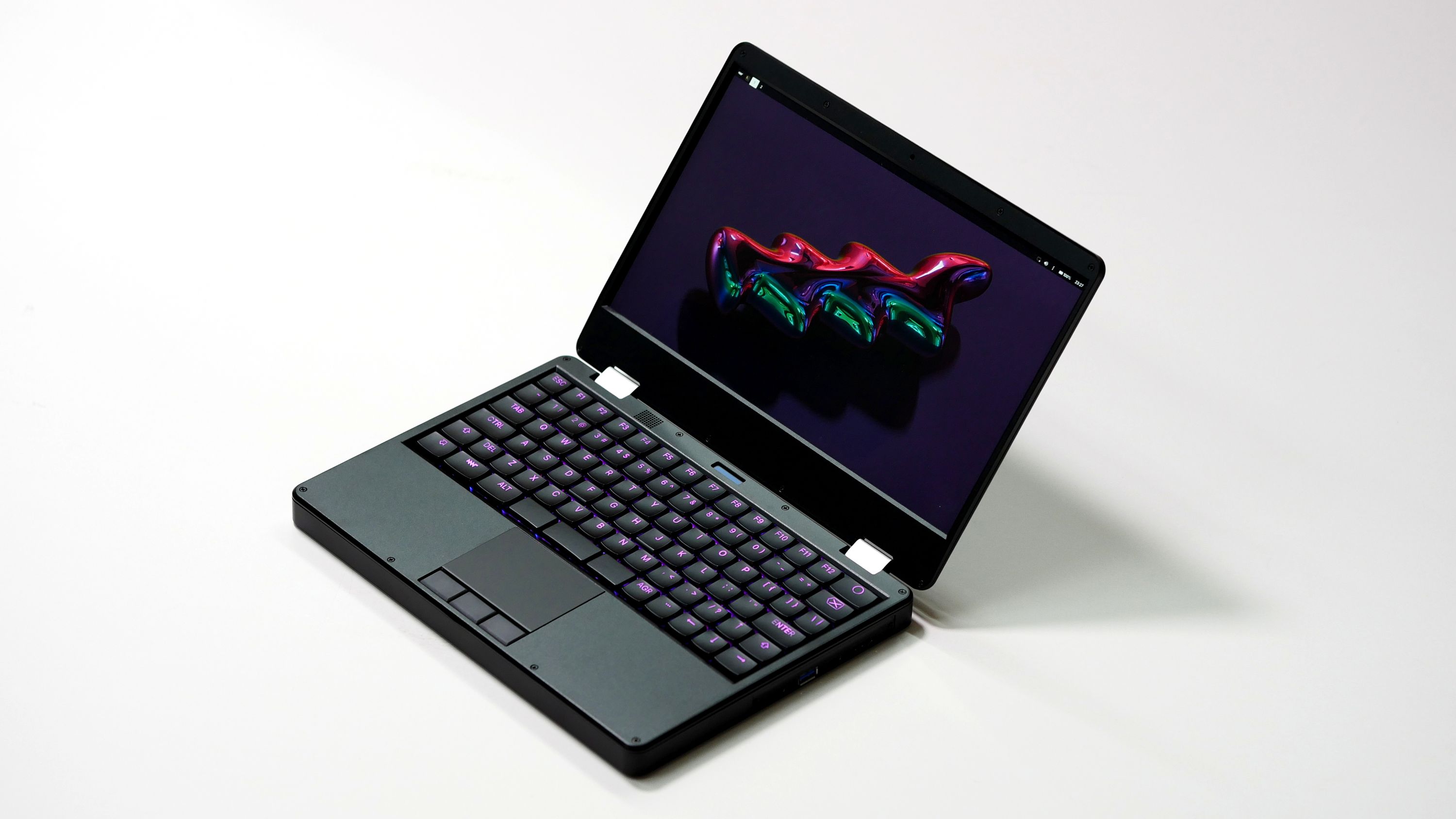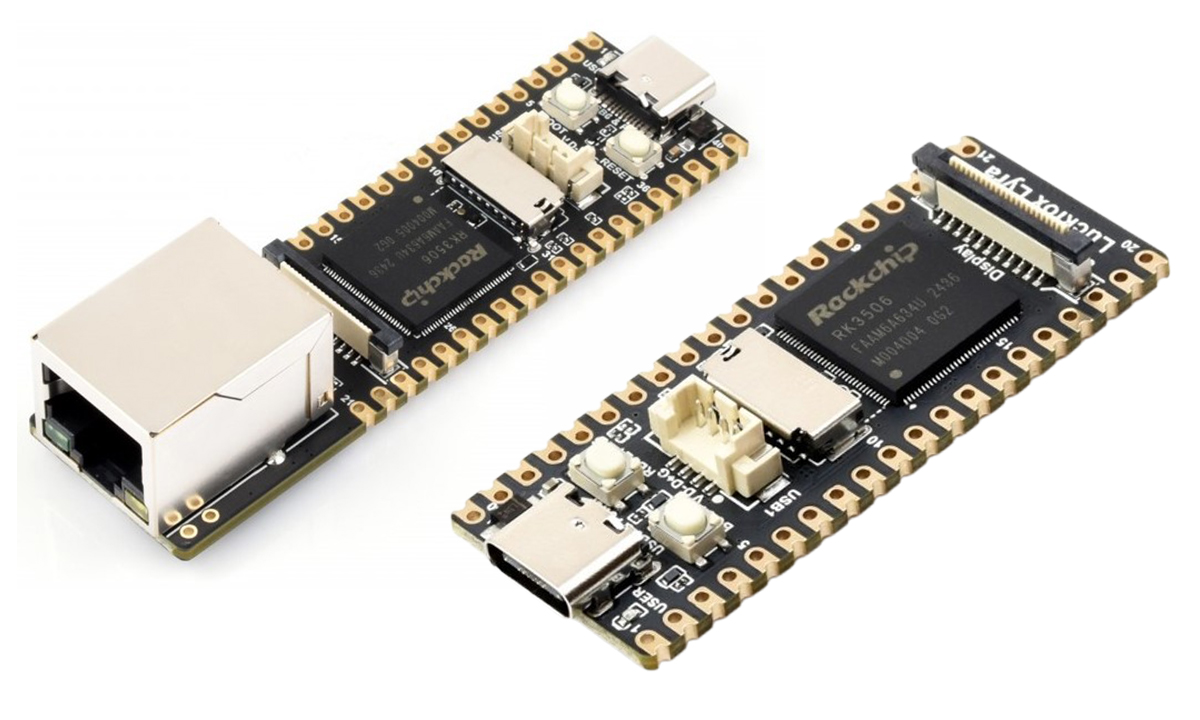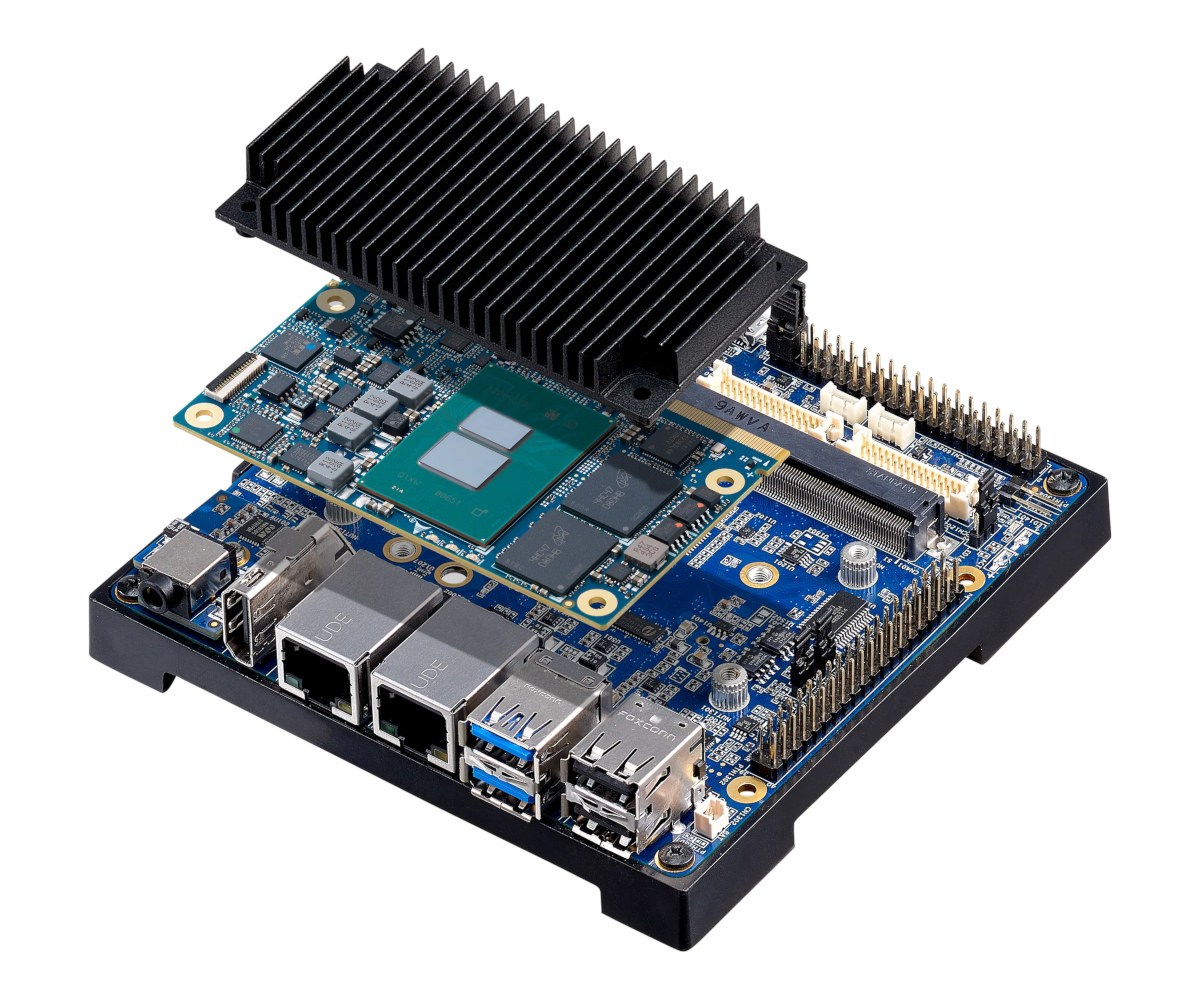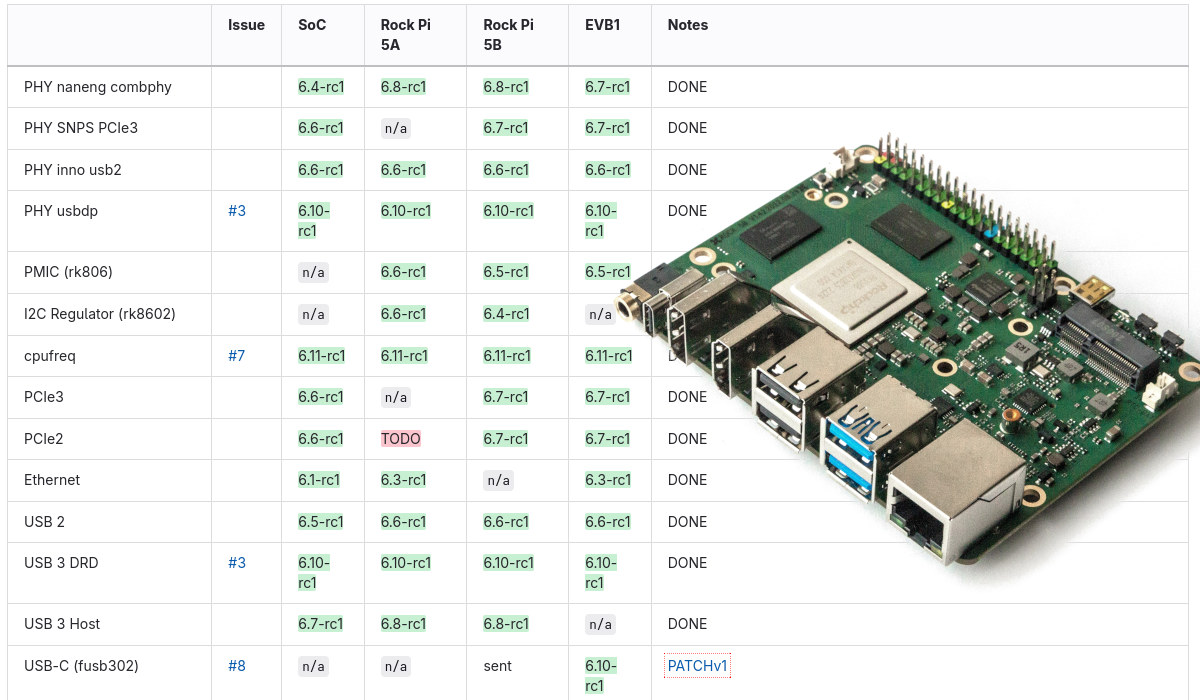EDATEC ED-SBC3300 is an industrial mini-ITX motherboard designed for the Raspberry Pi CM5 with plenty of ports and headers including HDMI 2.1 and LVDS display interfaces, seven USB 3.0/2.0 interfaces, up to two Gigabit Ethernet ports, a mini PCIe slot for 4G LTE cellular connectivity, RS232 and RS485 interfaces, and more. Like many Raspberry Pi CM5 hardware platforms, the EDATEC ED-SBC3300 mini-ITX motherboard is not exactly new since it’s basically the same as the EDATEC ED-SBC2300 Raspberry Pi CM4-powered industrial Mini-ITX motherboard, but fitted with a Raspberry Pi CM5 instead. Let’s still have a look at the specifications to see if anything has changed. EDATEC ED-SBC3300 specifications: SKUs – EDATEC ED-SBC3300 series – ED-SBC3310, ED-SBC3311, ED-SBC3320, and ED-SBC3321 SoM – Raspberry Pi CM5 SoC – Broadcom BCM2712 CPU – Quad-core 64-bit Arm Cortex-A76 processor @ 2.4GHz GPU – VideoCore VII GPU with support for OpenGL ES 3.1 graphics, Vulkan 1.2 […]
The LattePanda Mu SoM is now available with Intel Core i3-N305 octa-core SoC
Launched last year with an Intel Processor N100, the LattePanda Mu system-on-module is now available with an Intel Core i3-N305 octa-core processor delivering both higher single-core and multi-core performance, and faster 3D graphics acceleration. All interfaces are the same all exposed through a 260-pin SO-DIMM edge connector including up to 9x PCIe Gen3 lanes, two SATA, eDP, HDMI, and DisplayPort interfaces, twelve USB interfaces, and more. The LattePanda Mu launched with 8GB RAM last year, but both the N100 and Core i3-N305 models are now available with up to 16GB LPDDR5 IBECC memory, while the eMMC flash capacity remains at 64GB for all variants. LattePanda Mu specifications: SoC (one or the other) Intel Processor N100 quad-core Alder Lake-N processor @ up to 3.4 GHz (Turbo) with 6MB cache, 24EU Intel HD graphics @ 750 MHz; TDP: 6W Intel Core i3-N305 octa-core Alder Lake-N processor @ up to 3.8 GHz (Turbo) […]
Luckfox Pico WebBee – A Rockchip RV1103 USB & Ethernet development board for web servers, scripting, and Smart Home applications
Luckfox has launched the Pico WebBee, a Linux-based micro development board powered by the Rockchip RV1103 Cortex-A7 SoC with 64MB of on-chip RAM. Externally, the Pico WebBee resembles a USB dongle enclosed in an ABS case with a USB Type-A port and a 100Mbps Ethernet RJ45 port. Additionally, it includes an internal microSD card slot and a boot button. The board is designed for applications such as lightweight web servers, USB scripting tools, and smart home devices. It’s not quite the first Rockchip RV1103 solution from Luckfox, as we previously covered the Luckfox Pico Mini Arm Linux camera board and the Luckfox Pico Plus camera board with an Ethernet port. The Pico WebBeee is quite different in its form factor (it’s a complete device), and it also lacks a camera interface. Luckfox Pico WebBee specifications: SoC – Rockchip RV1103 G1 CPU – Single-core Arm Cortex-A7 processor @ 1.2GHz + RISC-V […]
MNT Reform Next is an open-source, RK3588-powered modular 12.5-inch laptop (Crowdfunding)
The MNT Reform Next brings the Rockchip RK3588 processor to the modular laptop series. It retains the open-hardware nature of the older MNT Reform and introduces a lighter and more modular design, complete with a much faster processor. The MNT Reform Next separates the three port boards from the main motherboard, allowing for greater customization and modification than its predecessors. The standard processor module (RCORE) can be swapped with other modules such as the Raspberry Pi CM4, as well as NXP i.MX 8M Plus, NXP LayerScape 1028A, and AMD Kintex-7 FPGA modules. Like the classic MNT Reform and the MNT Pocket Reform, the enclosure for the Reform Next is milled from anodized, bead-blasted aluminum. Apart from being repairable and customizable, the RK3588 modular laptop is powerful enough to be a daily driver for browsing, writing, programming, gaming, graphics design, sound creation, and video editing. MNT Reform Next specifications: SoM SoC […]
Murata Type 2FR is the world’s smallest tri-radio IoT module with Wi-Fi 6, Bluetooth 5.4, and Thread connectivity
Murata has recently launched the world’s smallest tri-radio IoT modules, the Type 2FR/2FP series, as well as the Type 2KL/2LL series for hosted solutions. These compact modules feature tri-radio communication, including Wi-Fi 6, Bluetooth 5.4, and Thread, with Matter provisioning for interoperability. The 2FR/2FP series is considered the world’s smallest module (12.0 x 11.0 x 1.5mm) of this type with a built-in MCU, making it ideal for low-cost and highly integrated solutions. It prioritizes security with the latest cybersecurity standards and compatibility with the Matter ecosystem. On the other hand, the 2KL/2LL series is designed to work with high-performance processors running Linux or RTOS. These modules provide reliable tri-radio communication with advanced capabilities. Both series are designed for applications, including smart homes, buildings, industrial automation, healthcare, and more, with features like low-power operation, extended battery life, and reduced component count. Murata Type 2FR/2FP modules specifications: MCU – NXP RW610 or RW612 […]
Luckfox Lyra boards feature Rockchip RK3506G2 triple-core SoC, display interface, optional Ethernet port
The Luckfox Lyra boards feature a Rockchip RK3506G2 triple-core Arm Cortex-A7 SoC with one Cortex-M0 real-time core, 128MB on-chip DDR3, a MIPI DSI display interface, and built on a 22nm process. Three versions are available with the Luckfox Lyra, Lyra B (with 256MB flash), and Luckfox Lyra Plus offering similar features, but the longer Plus model also adds a 10/100Mbps Ethernet RJ45 connector besides having 256MB SPI NAND flash. These are Luckfox’s first boards featuring the RK3506G2 processor, offering Ethernet connectivity and a display interface. But it’s not quite the first Arm Linux board from the company with Ethernet and a display interface, and we covered the Luckfox Pico Ultra micro development board all based on a Rockchip RV1106G3 SoC earlier this year. The company also introduced the similar-looking LuckFox Pico Pro and Pico Max boards powered by an RV1006G2 SoC in February, but instead of a display interface, they […]
I-Pi SMARC Amston Lake development kit features Intel Atom x7433RE SoC, 8GB LPDDR5, two Raspberry Pi GPIO headers
ADLINK’s I-Pi SMARC Amston Lake is a fanless development kit based on SMARC 2.1-compliant system-on-module with an Intel Atom X7433RE quad-core SoC, 8GB LPDRR5 memory, and up to 256GB eMMC flash, plus a carrier board with dual 2.5GbE with TSN, two Raspberry Pi-compatible GPIO headers, and a range of other interfaces. Those include 4-lane MIPI DSI, HDMI, eDP, and dual-channel LVDS display interfaces, two MIPI CSI camera interfaces, a 3.5mm audio jack, four USB Type-A ports, three PCIe M.2 sockets for storage, wireless, and cellular connectivity. I-Pi SMARC Amston Lake devkit specifications: LEC-ASL SMARC 2.1 module Amston Lake SoC – Intel Atom x7433RE quad-core processor with 6MB cache, 32EU Intel UHD graphics; 9W TDP System Memory – 8GB LPDDR5 Storage – 32GB to 256GB eMMC flash Host interface – 314-pin MXM edge connector Storage – 1x SATA III (6 Gbps) Display – Dual-channel 18-/24-bit LVDS Camera – 2-lane MIPI CSI, […]
Rockchip RK3588 mainline Linux support – Current status and future work for 2025
The Rockchip RK3588 is one of the most popular Arm SoCs for single board computers, and while good progress has been made with regards to mainline u-boot and Linux support, the SoC is quite complex and it takes time to port all its features even though it was first teased in 2020 and the first Rockchip RK3588 SBCs were introduced in 2022. While the simpler Rockchip RK3566 and RK3568 SoCs are already fairly well supported in mainline Linux, more work is needed to upstream code, and as noted before in posts and comments here, Collabora keeps track of the status on Gitlab, and the company recently posted an article about the progress and future plans related to upstream Linux support for Rockchip RK3588. Rockchip RK3588 mainline Linux progress in 2024 Linux 6.7 kernel – Network support on the Radxa ROCK 5B using a 2.5GbE PCIe controller. Linux 6.8 kernel – […]



